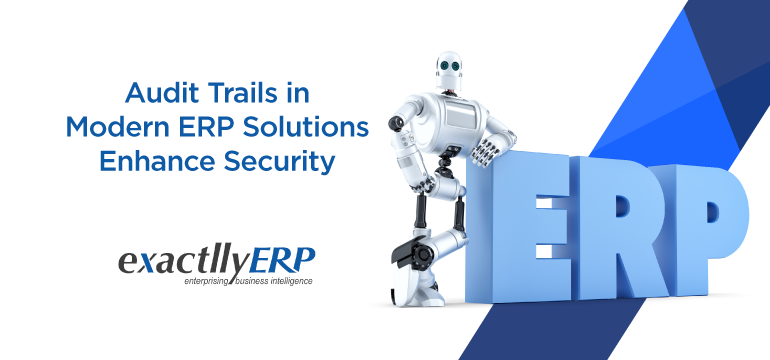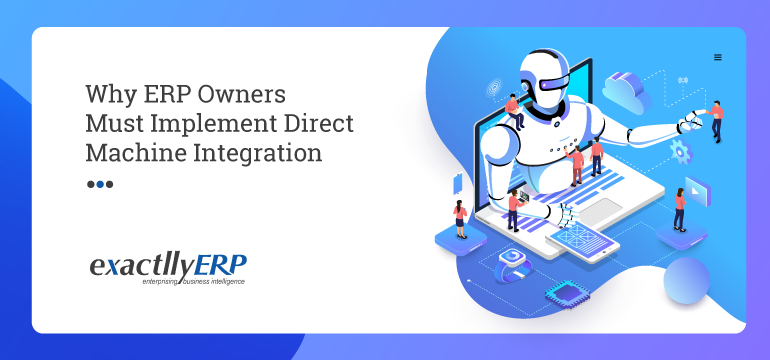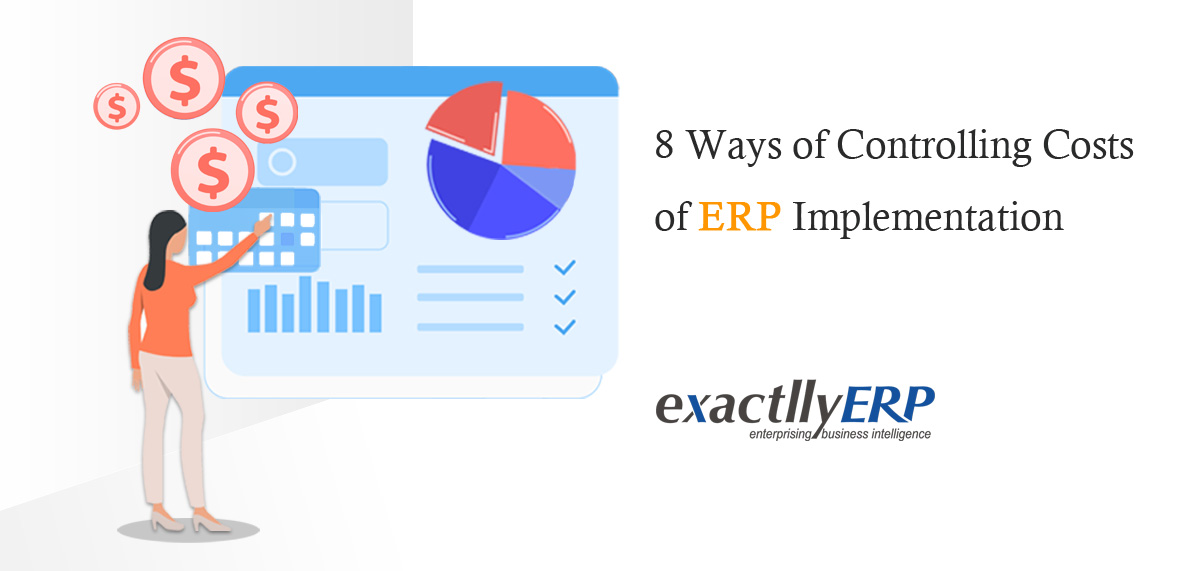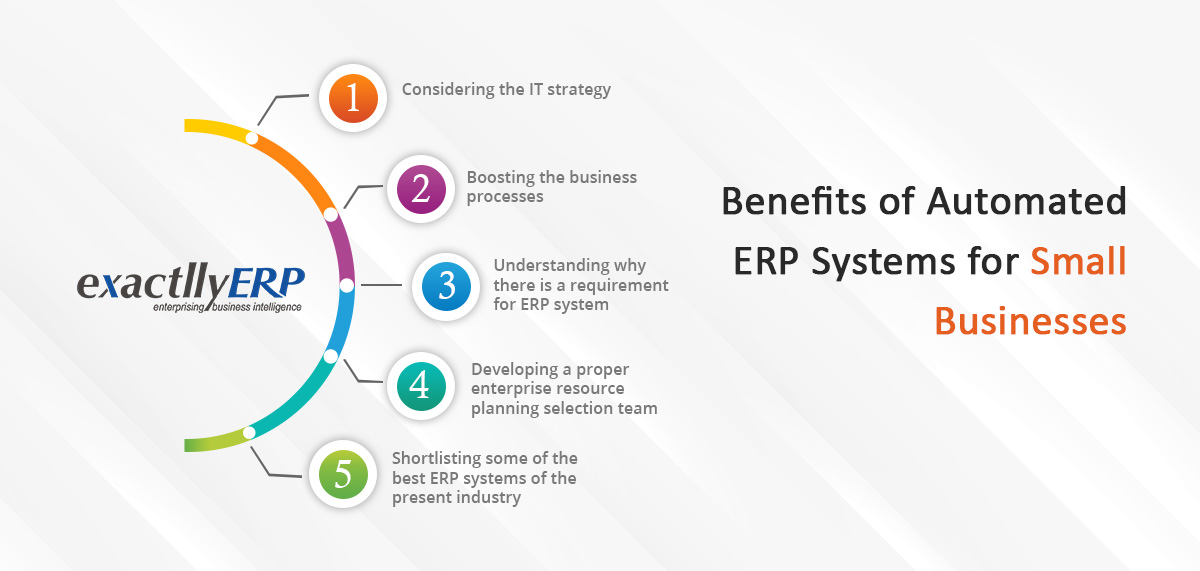Top 11 Tips to Make ERP Training Easy

ERP Training
It is great that you chose to install a robust ERP platform. Once an ERP system is implemented, the next big task is to train your staff to use it. Staff that is not well trained to use an ERP will almost always makes mistakes that can prove to be costly.
Training is a very important step in the implementation of ERP. Whether is to teach how to use the ERP or how best to make use of all the features available within an ERP, your employees should have a basic idea of how to use it. When you do not know how to use a tool, its potential remains underutilized. The fact that ERP systems cost a lot and that it is a big investment to make are reasons enough for you to invest in robust training programs as well.
In this article, let us take a look at some of the tips that are guaranteed to make your ERP training program a success.
- Train users in smaller groups
It is always a good idea to train people in smaller groups. A number of companies hold a single workshop for dozens or even hundreds of employees all at once. Ideally, your classroom size should not exceed more than 15. Even if it costs a little bit more and if it takes a longer time, ensure that you divide your employees into smaller groups, preferably based on their departments, for the ERP training classes. Smaller the group, the more efficient the classroom dynamics shall be.
- Train during company hours
This is something that many companies overlook. Employees are often asked to stay back after office hours for ERP lessons. This not only drains the staff out of energy but they also tend to get distracted. Let us face it. Learning how to use ERP is not as enjoyable as watching a movie or discussing the latest fashion trends. It is a dry and often complex topic that needs to be mastered well. Because of its nature, it is recommended that the staff is trained during office hours to instill a sense of duty and seriousness towards ERP systems.
- Use role-based training
An ERP is a comprehensive and elaborate software program that has different modules. It comes with modules ranging from customer support to data analysis to shipping. Everyone need not be taught everything, when it comes to ERP training. Make sure that you engage in role-based training to avoid unnecessary wastage of time and resources. There is no point in teaching a data analyst how to contact the leads. Make sure that each department gets taught what is relevant and not the other way round.
- Assign an insider for continuous training

Training cannot be abruptly stopped. Once your vendors finish training your staff, get an insider to continuously answer your staff’s questions. This insider could be specifically nominated to handle issues that are encountered while using an ERP. Each time the staff has doubts, they can run to this person to seek answers.
- Train employees who may not use your ERP
Often, ERP training is limited to those who will actually use it. When something goes wrong, employees who do not know how to use ERP will never be able to help if they do not know how to use it. If you are unable to invest time and money into training all the employees, at least make sure everyone on the floor knows the basics of the software program. This way, when the time comes for someone to use an ERP, they will not fumble.
- Work with a consultant

While going solo about training is great, it always helps to work with a consultant. ERP trainers know how to train users because it is they who designed the software program anyway. Make sure that you speak to your vendor about continued support for training. Seek their recommendations and follow them judiciously. Consultants often have more experience in training ERP modules than others. Thus, seeking their assistance is vital to making training programs a success.
- Use your vendor’s resources
Everyone knows that only 50% of what is taught is usually retained by an average person. And most of our staff is usually average learners, if we are going to be realistic. With that in mind, do not expect your staff to understand and remember all the critical aspects of a robust ERP system on their own. Make sure that you seek the assistance of your vendors and even get them to train your employees. This helps you to avoid unnecessary costs associated with ERP training, if done in-house.
- Adopt device-based training
We no longer use just our desktops and laptops. We use a number of devices including tablets, smartphones and hybrid devices. How is the ERP going to look on each of these devices? Does the ERP have different functionalities on an iOS device and an Android device? As we move faster towards BYOD programs (Bring Your Own Device), we need to ensure that training programs are tailored to the devices that the staff is eventually going to use.
- Monitor progress continuously
The progress of staff’s learning and the way ERP is benefitting your business must be evaluated continuously. You cannot afford to give up on training once you finish all your modules. By ensuring that you continuously monitor the progress, you can even request for customizations and changes within the ERP, by contacting your vendor. An ERP is never a one-time effort. It is an ongoing process that should be done in sync with the staff, trainers, vendors and users.
- Reward your employees
Psychological studies reveal that employees fare better when they are rewarded for performance and training. This, according to psychologists, helps trainees and employees to remain motivated. When it comes to ERP implementation, employees must always be given rewards or incentives, right from the days of training to successful use of ERP at work.
Though the extra expenditure on rewards and incentives may seem unnecessary, the successful implementation of ERP depends on the motivation of employees. At the end of the day, it is the company or the business that will profit from successful implementation of ERP.
- Update your knowledge and your ERP
As with every technology, ERP evolves and changes over time. Vendors often bring out updates regularly to fix bugs and to add new features. In order to stay abreast with what is happening, you should continuously update your knowledge about ERP and ensure that you are not missing out on any major developments. This will ensure that you are always ready to take on the world with your ERP skill sets.
Final thoughts
Employees cannot be expected to learn the basic and quirks of ERP systems without a formal methodology of training. This is one of the reasons why more and more companies have begun to place importance on ERP training, rather than just ERP alone. After all, when you know how to use a tool, the tool becomes more beneficial to your goals.
Training is a very crucial aspect of ERP. Most companies tend to ignore this aspect and encounter losses. A well-trained staff will make sure that the ERP is used the way it should be. With that in mind, if you have any questions regarding training your staff about ERP, do not hesitate to contact us today.






